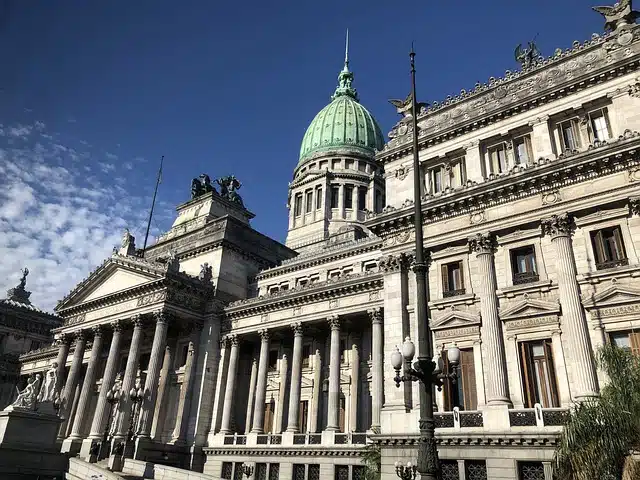
Federalism, as a form of state organization, contemplates the existence of a central or national government articulated with multiple regional and local entities that have a certain autonomy .
Federalism is a concept that is formed from two terms: the adjective federal (which qualifies that or that federalist) and the suffix -ism (which can be used to compose nouns that refer to movements, doctrines or tendencies, for example).
To understand the notion of federalism, we must first focus on the idea of federation . This is the name given to an associative type entity that is made up of more associations. In this framework, we speak of a federal State to name the one that distributes its constitutional powers between a national or central government and other regional or local States .
What is federalism
Federalism is the political current that promotes the precepts of the federation . The concept also mentions the organizational structure of States and corporations that are based on these principles.
As a doctrine , federalism promotes the development or strengthening of a structure that is composed of different entities, which delegate certain powers and freedoms to a higher body. At the political level, federalism is associated with the existence of a federated State, with a central government that has exclusive powers and many other regional governments that have certain capabilities .
It can be said that, with federalism, government functions are distributed throughout the associated States. The central State absorbs certain powers , leaving the rest distributed.

The division of powers and faculties that federalism enacts must be established in the Constitution.
The pillars of the system
Federalism is based on several pillars. Its basis is that it is organized based on a Constitution or Magna Carta , in which the laws that govern the territory are detailed in writing.
This Constitution makes clear how powers, obligations and rights are distributed between the central State and the others. In this way, tensions and clashes over competencies are avoided, or at least minimized.
The Constitution, on the other hand, must be interpreted according to particular cases and contexts to transcend how rigid the text is. In this way, there must be a Supreme Court of Justice to which appeal can be made when necessary.
Another key to federalism is the territorial division with the consequent division of powers . As there are subdivisions of the territory, there are different state entities with decision-making authority. The articulation between all of them is essential for the proper functioning of the organization.
We cannot fail to mention decentralization as the essence of federalism. The central government does not make all the decisions, but each government entity can apply the policies that correspond to them according to the jurisdiction.
Examples of federalism
We can find States organized on the basis of federalism in America , Asia , Africa , Europe and Oceania . Even with differences, they show the presence of a central State and other corporations that maintain some type of link with it and between them.
Let's take the case of the Argentine Republic . Since the last constitutional reform , which took place in 1994 , this country is divided between 23 provinces and an autonomous city that serves as the federal capital (the Autonomous City of Buenos Aires ).
These 24 jurisdictions are self-governed (with rulers chosen by the people in free elections), have their own constitution and manage their security forces. Other powers, however, are delegated to the central State. National defense, to mention one issue, is in the hands of this central State.
